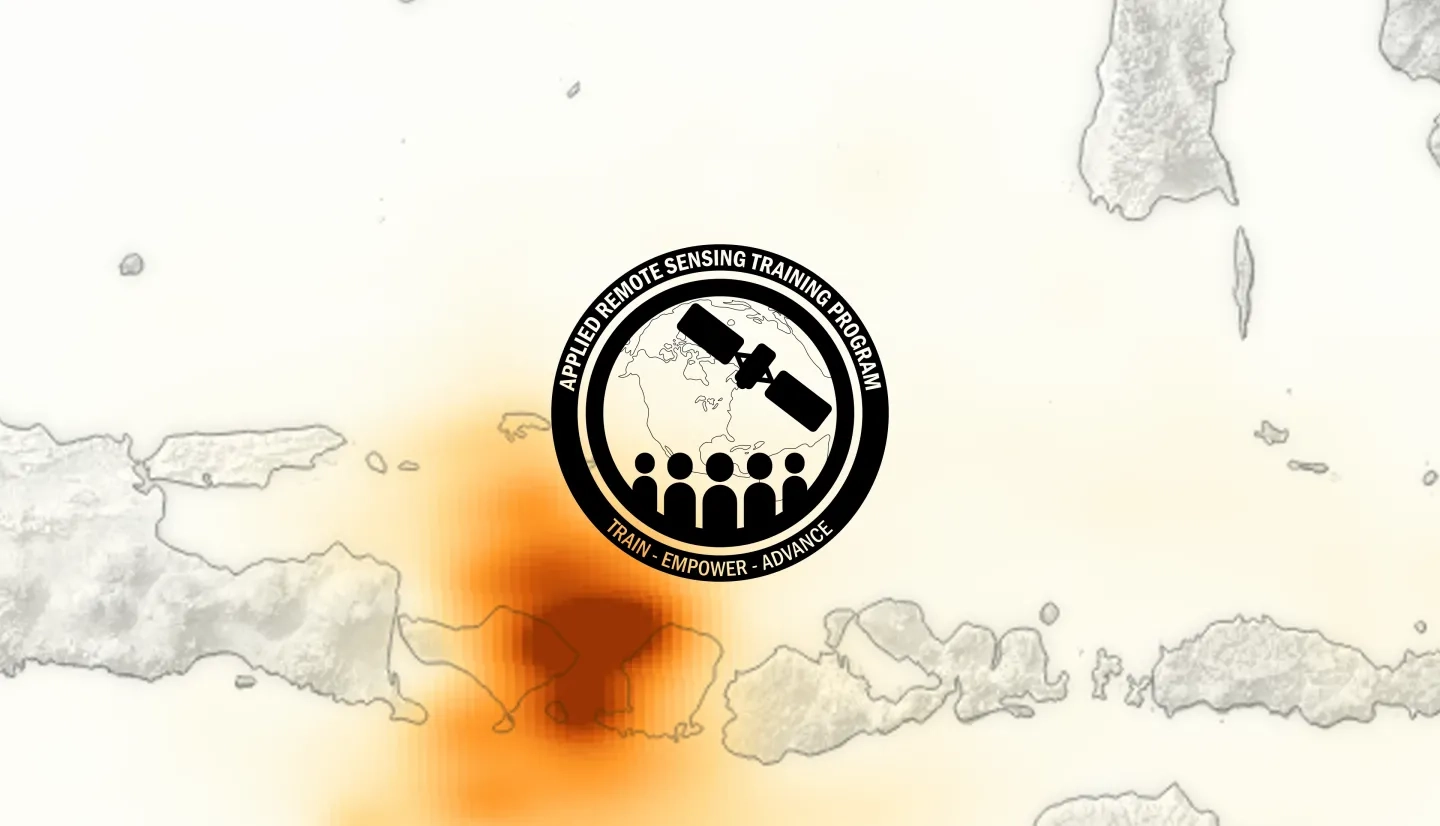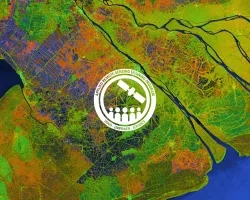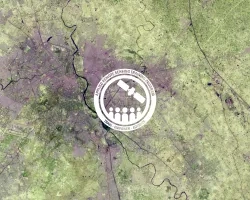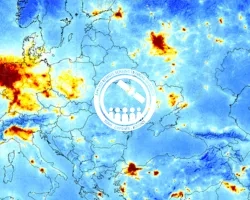Description
January 17, 2018 - January 22, 2018
High resolution air quality data is helpful for monitoring urban air pollution. In this webinar, participants will learn how to use Python scripts to map and analyze air quality data through hands-on exercises. The training will cover MODIS aerosol optical depth data and OMI NO2 and SO2 data.
- Session 1 of Fundamentals of Remote Sensing
- Install Python with Anaconda
By the end of the training, attendees will be able to:
- Use available Python scripts to read, map, and analyze Level-2 data
- Modify available scripts for future use
This training is primarily intended for air quality professionals and decision makers from local, state, and federal agencies, NGOs, and the private sector. Governmental and non-governmental organizations engaged in air quality monitoring will be given preference over organizations focused primarily on research.
- One 1-hour session and two 2-hour sessions
An introduction to relevant datasets (basics, advantages, and limitations) and instruction on how to download data.
Materials:
Materiales en Español:
Hands-on exercises using Python scripts to read, map, and analyze Level 2 MODIS aerosol optical depth (AOD) data.
Data for Session 2: Download
Materials:
Materiales en Español:
Hands-on exercises using Python scripts to read, map, and analyze OMI NO2 and SO2 data.
Data for week 3: Download
Materials:
- Presentation Slides (Read, Map, & Extract NO2 & SO2 Data)
- Presentation Slides (New & Upcoming Missions)
- Reference Slides (Download NO2 & SO2 Data)
- Q&A Transcript
Materiales en Español:



